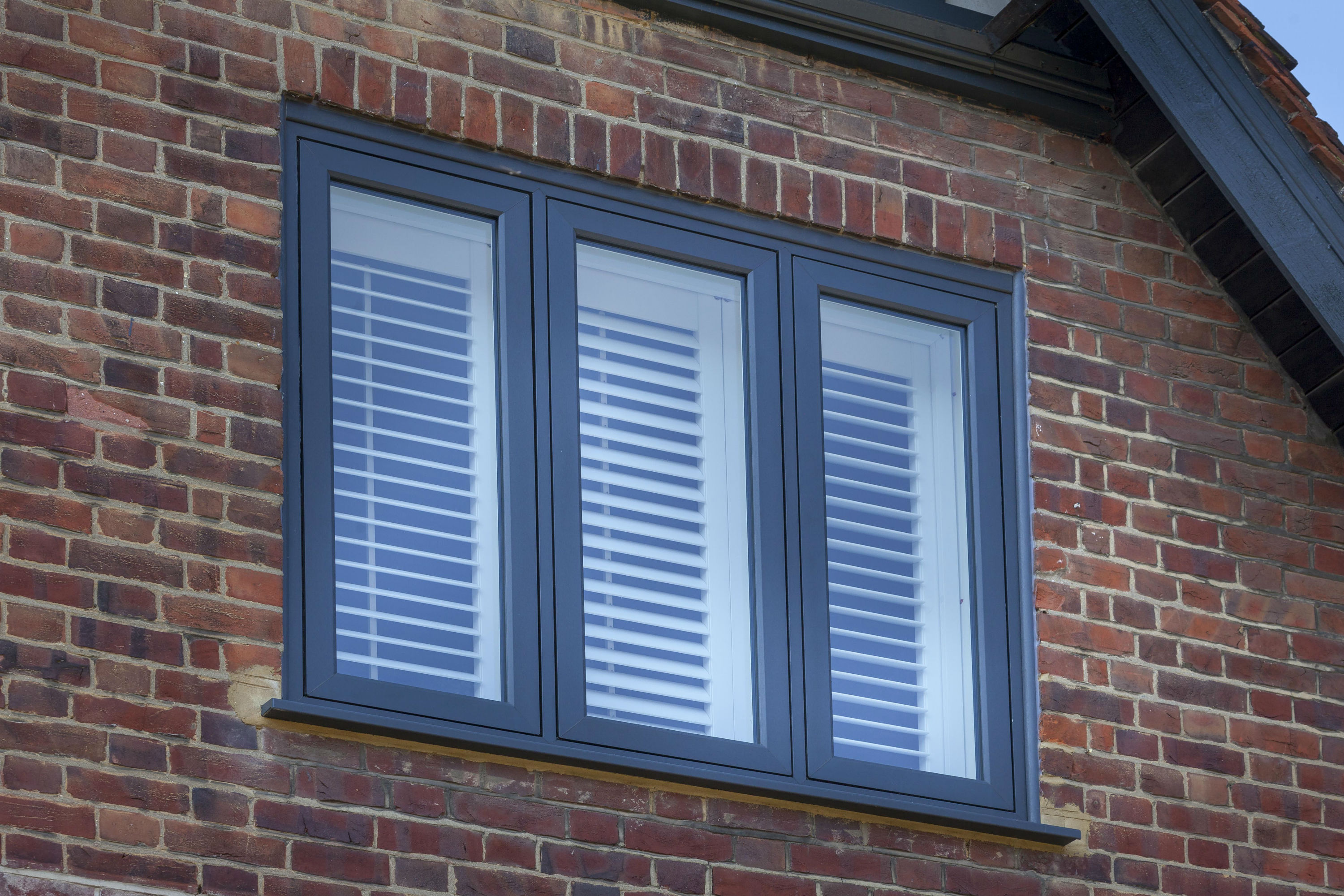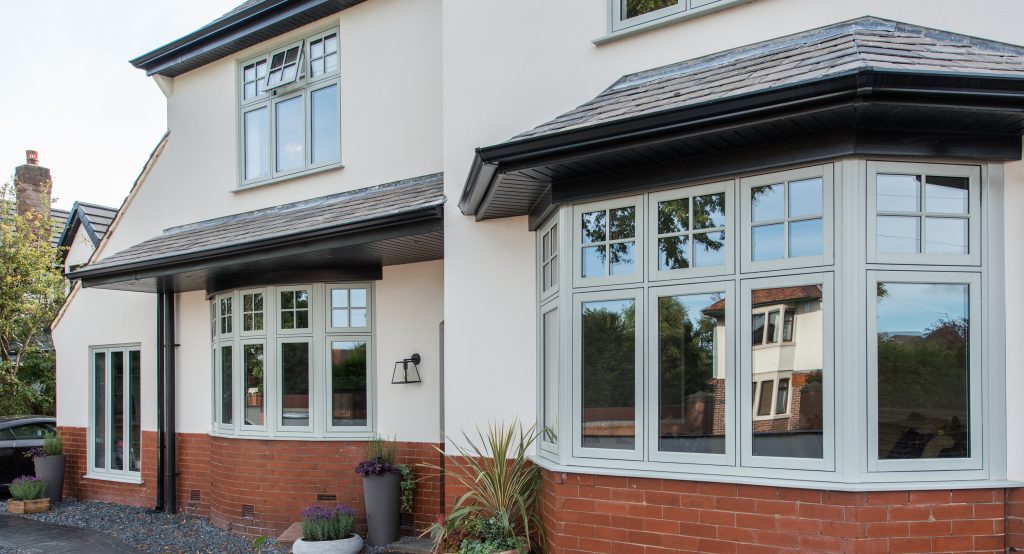All Categories
Featured
Table of Contents
Home Window Glazing - Sustainability Victoria in Balcatta Perth
Glazing simply indicates the windows in your house, consisting of both openable and fixed windows, as well as doors with glass and skylights. Glazing in fact just means the glass part, but it is typically used to describe all elements of an assembly including glass, movies, frames and furnishings. Paying attention to all of these elements will assist you to attain reliable passive style.

Energy-efficient glazing makes your house more comfy and drastically reduces your energy costs. Unsuitable or improperly developed glazing can be a major source of unwanted heat gain in summer and significant heat loss and condensation in winter. Approximately 87% of a home's heating energy can be gotten and as much as 40% lost through windows.
Double Glazing Versus Secondary Glazing in Parkwood Western Australia
Glazing is a substantial investment in the quality of your home. An initial financial investment in energy-efficient windows, skylights and doors can greatly minimize your yearly heating and cooling costs.

This tool compares window choices to a base level aluminium window with 3mm clear glass. Understanding some of the key residential or commercial properties of glass will assist you to pick the best glazing for your home. Key homes of glass Source: Adjusted from the Australian Window Association The quantity of light that passes through the glazing is understood as noticeable light transmittance (VLT) or visible transmittance (VT).
Single, Double Or Secondary Glazing, Which Is The Best ... in Jolimont WA
This may lead you to switch on lights, which will result in greater energy expenses. Conduction is how readily a material carries out heat. This is known as the U worth. The U worth for windows (expressed as Uw), explains the conduction of the entire window (glass and frame together). The lower the U worth, the greater a window's resistance to heat circulation and the much better its insulating worth.
For instance, if your home has 70m2 of glazing with aluminium frames and clear glass with a U value of 6. 2W/m2 C, on a winter season's night when it is 15C chillier outside compared to indoors, the heat loss through the windows would be: 6. 2 15 70 = 6510W That is comparable to the overall heat output of a large space gas heating unit or a 6.
Solace Creations: Home in Caversham Western Australia

If you choose a window with half the U value (3. 1W/m2 C) (for instance, double glazing with an argon-filled gap and less-conductive frames), you can cut in half the heat loss: 3. 1 15 70 = 3255W The solar heat gain coefficient (SHGC) for windows (revealed as SHGCw) determines how readily heat from direct sunlight flows through an entire window (glass and frame together).
The lower a window's SHGC, the less solar heat it sends to your house interior. Glazing makers state an SHGC for each window type and style. The actual SHGC for windows is affected by the angle that solar radiation strikes the glass. This is called the angle of incidence.
Brisbane's Best Double Glazed Windows in Girrawheen Western Australia
When the sun is perpendicular (at 90) to the glass, it has an angle of occurrence of 0 and the window will experience the optimum possible solar heat gain. The SHGC stated by glazing manufacturers is always determined as having a 0 angle of occurrence. As the angle increases, more solar radiation is reflected, and less is sent.
Latest Posts
Reglazing Single Glazed Windows With Double Glazed Units in Yokine Western Australia
Double Glazed Windows in Wattleup Perth
Why You Need Secondary Glazing In The Summer in Viveash Perth